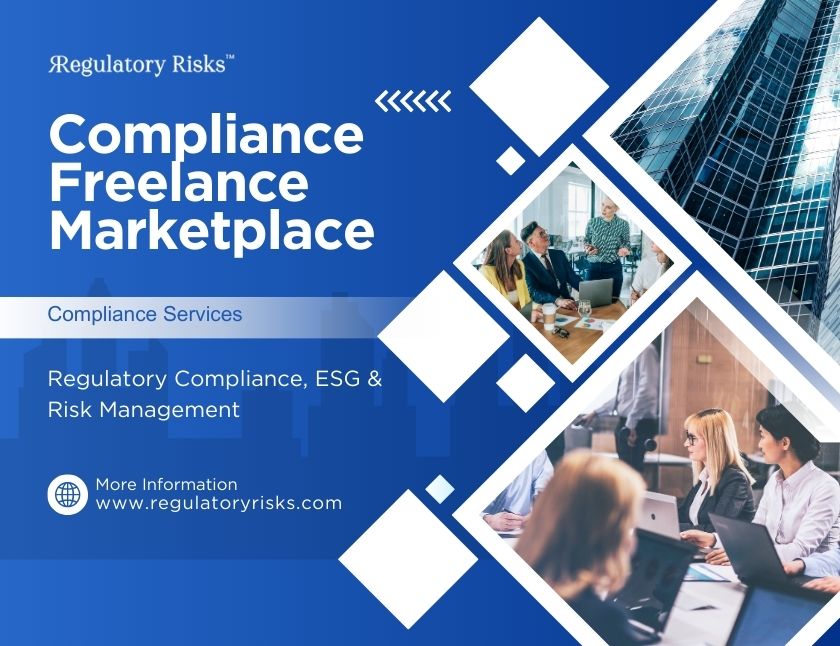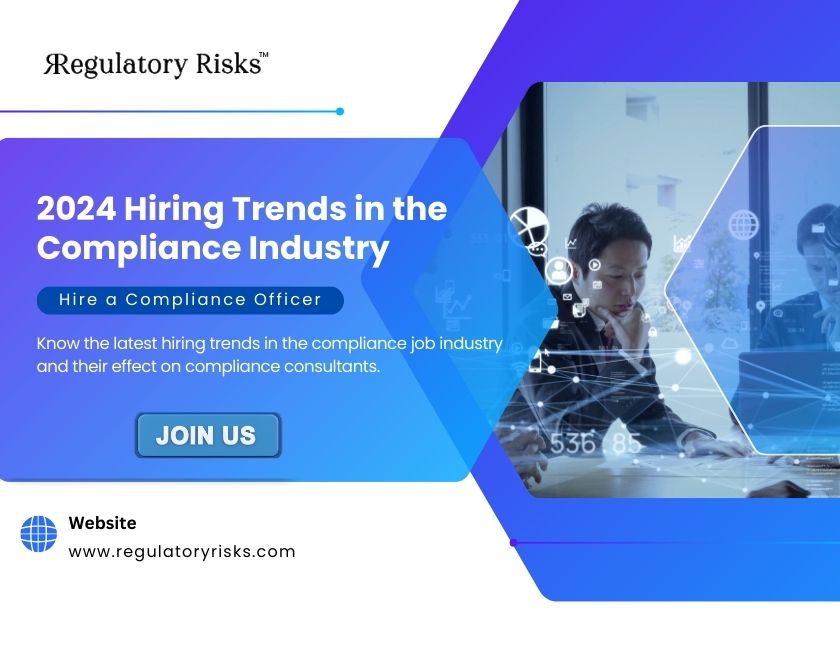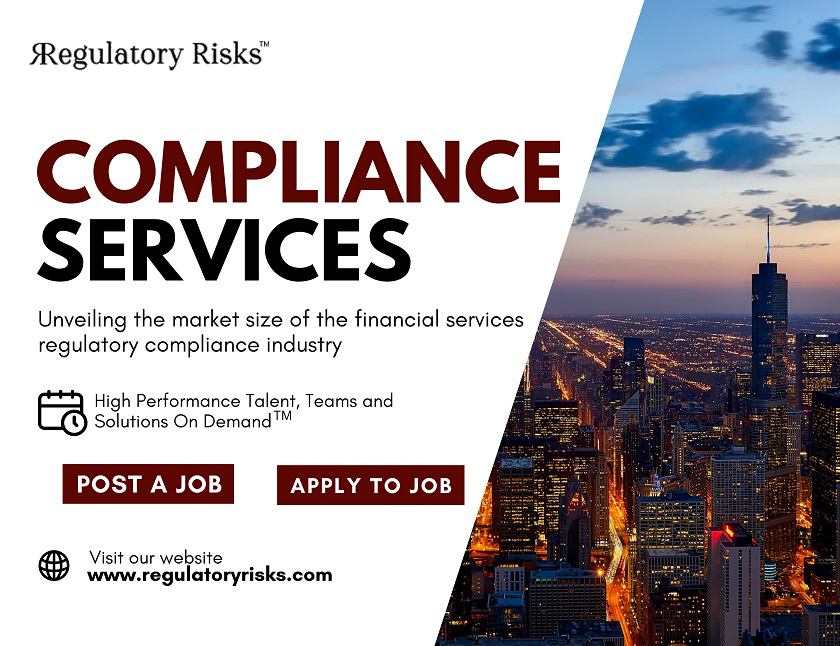In the rapidly evolving world of cryptocurrency and virtual assets, managing financial crime risks is of paramount importance. Therefore, crypto exchanges, funds, and virtual asset service providers face unique challenges in preventing financial crimes. Some of these challenges are money laundering, fraud, and terrorist financing. Therefore, to mitigate these risks, firms must obtain robust financial crime risk services to assist with putting in place controls, systems and frameworks. This article outlines the essential steps to create a comprehensive financial crime compliance program, the necessary processes and controls, and the tools and systems required. Furthermore, we will also delve into where to find expertise, emphasizing the advantages of using regulatory compliance consultants from platforms like Regulatory Risks.
Understanding Financial Crime Risks in the Crypto Sector
Financial crime risk management in the crypto sector involves identifying, assessing, and mitigating risks associated with financial crimes. These include:
- Money Laundering (ML)
- Terrorist Financing (TF)
- Fraud
- Market Manipulation
- Bribery and Corruption
- Sanctions Violations
Steps to Develop a Financial Crime Compliance Program
1. Conduct a Risk Assessment
The foundation of effective financial crime risk management is a thorough risk assessment. Additionally, this involves evaluating the specific risks your organization faces based on its business model, customer base, geographical reach, and product offerings.
Key Activities:
- Identify and categorize financial crime risks relevant to your operations.
- Assess the likelihood and impact of these risks.
- Prioritize risks to focus on those with the highest potential impact.
2. Develop Policies and Procedures
Based on the risk assessment, develop detailed policies and procedures that outline your firm’s approach to managing financial crime risks. Further, these should be comprehensive and tailored to your specific business context.
Key Policies to Develop:
- Anti-Money Laundering (AML) and Counter-Terrorist Financing (CTF) Policies: Procedures for customer due diligence (CDD), enhanced due diligence (EDD), and ongoing monitoring.
- Fraud Prevention Policies: Strategies to detect and prevent fraudulent activities.
- Sanctions Compliance Policies: Guidelines to ensure adherence to international sanctions.
- Reporting and Record-Keeping Policies: Procedures for suspicious activity reporting (SAR) and maintaining accurate records.
3. Implement Effective Controls
To enforce your policies and procedures, implement robust controls across your organization. Moreover, these controls should be integrated into daily operations to ensure ongoing compliance.
Key Controls to Implement:
- Customer Due Diligence (CDD): Conduct thorough background checks on new customers, including identity verification and risk assessment.
- Transaction Monitoring: Use automated systems to monitor transactions in real-time for suspicious activity.
- Screening Against Sanctions Lists: Regularly screen customers and transactions against global sanctions lists.
- Employee Training: Further, conduct regular training sessions for employees on financial crime risks and compliance requirements.
- Internal Audits: Periodically review and audit compliance processes to ensure effectiveness. Moreover, identify areas for improvement.
Essential Systems and Tools for Financial Crime Risk Services
Firms must invest in specialized systems and tools to support a comprehensive financial crime compliance program. Additionally, these technologies help automate and streamline compliance processes. Hence, ensuring accuracy and efficiency.
Key Systems and Tools:
- AML Software:Platforms that facilitate customer due diligence, transaction monitoring, and suspicious activity reporting.
- Know Your Customer (KYC) Solutions: Tools for verifying customer identities and conducting background checks.
- Fraud Detection Systems: Further, advanced analytics tools that identify and flag potentially fraudulent transactions.
- Sanctions Screening Tools: Software that automates the screening of customers. Moreover, it facilitates transactions against global sanctions lists.
- Data Analytics Platforms: Systems that analyze transaction data to detect patterns and anomalies indicative of financial crime.
- Regulatory Reporting Tools: Tools that ensure timely and accurate reporting of suspicious activities to regulatory authorities.
Finding and Hiring Expertise
Creating and maintaining an effective financial crime compliance program requires specialized knowledge and expertise. Hence, this is where a financial crime compliance consultant comes into play. Additionally, these professionals bring a wealth of experience and expertise. Thus, helping firms navigate the complex regulatory landscape.
For more details, check out our blog
Advantages of Hiring a Financial Crime Compliance Consultant
Expertise and Experience:
A Financial crime compliance consultant has extensive knowledge of regulatory requirements and industry best practices. Further, they can provide tailored advice and Financial Crime Solutions to meet your firm’s specific needs.
Cost-Effective Solutions:
Hiring full-time compliance staff can be expensive, especially for small and medium-sized firms. Thus, Freelance consultants offer flexible engagement models. Hence, allowing firms to access expert advice without the high costs of permanent employees.
Up-to-Date Knowledge:
Additionally, regulations in the crypto sector are constantly evolving. Furthermore, consultants stay abreast of the latest changes. Therefore, ensuring that your compliance program remains current and effective.
Efficient Implementation:
Consultants can streamline the implementation of compliance programs and Financial Crime Risk Services. Thus, ensuring that policies, procedures, and controls are integrated effectively into your operations.
Using Freelance Marketplaces like Regulatory Risks
Further, platforms like Regulatory Risks provide a convenient and efficient way to find and hire regulatory compliance consultants. Additionally, here’s how these platforms can benefit your firm:
Access to a Wide Pool of Experts:
Regulatory Risks connects firms with a diverse range of a financial crime compliance consultant, offering expertise in various areas of financial crime risk management. Hence, this ensures you can find the right consultant for your specific needs.
Flexible Engagement Models:
The platform allows firms to engage consultants on a project basis, part-time, or full-time. Thus, depending on their financial crime risk services requirements. Hence, this flexibility helps manage costs and resources effectively.
Verified Professionals:
Regulatory Risks vets its consultants to ensure they have the necessary qualifications and experience. Furthermore, this gives firms confidence in the quality and reliability of the consultants they hire.
Streamlined Hiring Process:
The platform simplifies the hiring process. Thus, allowing firms to post their requirements, review consultant profiles, and make hiring decisions quickly and efficiently.
Conclusion
Developing a comprehensive financial crime compliance program is crucial for crypto exchanges, funds, and virtual assets financial crime risk services providers to mitigate financial crime risks. Firms can build effective compliance frameworks by conducting a thorough risk assessment, developing detailed policies and procedures, implementing robust controls, and investing in essential systems and tools.
Hiring financial crime compliance consultants offers numerous advantages. Thus, including access to expertise, cost-effective financial crime solutions, up-to-date knowledge, and efficient implementation. Moreover, platforms like Regulatory Risks provide an excellent resource for finding and hiring the right consultants to meet your compliance needs. Hence, leveraging these platforms can help firms navigate the complex regulatory landscape. Thus, ensuring compliance and long-term success.




